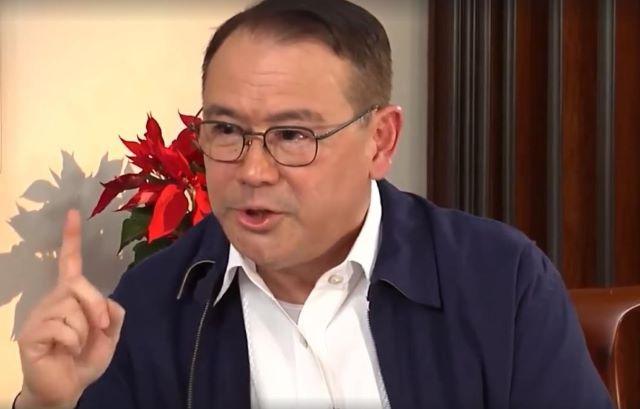Locsin orders Philippine UN mission to vote for China candidate in ICJ

Foreign Secretary Teodoro Locsin Jr. on Sunday instructed the Philippine Mission to the United Nations to vote for China's candidate to the International Court of Justice, the UN's principal judicial organ.
"You are instructed to cast the Philippine vote for the Chinese candidate to the international court of justice. That is your only clear instruction," Locsin said on Twitter.
The ICJ handles legal disputes between states, including maritime issues, and requests for advisory opinions on legal questions referred to it by UN organs and specialized agencies.
Incumbent ICJ jurist and current Vice President Xue Hanqin, 65, was elected to the UN Court on June 29, 2010. She is one of three female judges serving in the ICJ and one of only four women elected as members of the Court to date.
A UN document shows Manila did not endorse Xue, but nominated Japan's Iwasawa.
On the other hand, the United States has supported China's re-election bid.
Both China and the US are members of the powerful UN Security Council (UNSC), where five permanent member-states, called the P5, which also include United Kingdom, France and Russia hold the power of veto.
As a diplomatic tradition, P5 countries co-nominate their members to ensure their presence on the ICJ. With multiple vacancies, the Philippines is entitled to vote for more than one country.
The November 11 elections to be held at the UN headquarters in New York will fill up the five seats that will be vacated on February 5, 2021.
Manila and Beijing have been locked in years-long territorial disputes in the resource-rich South China Sea.
In 2016, the UN-linked Permanent Court of Arbitration in The Hague, Netherlands, following a case filed by the Philippines, ruled that Beijing's massive sea claim violated Manila's economic and sovereign rights under the 1982 UN Convention on the Law of the Sea.
Other incumbents seeking re-election are Peter Tomka (Slovakia), Yuji Iwasawa (Japan) and Julia Sebutinde (Uganda).
Elias, Taoheed Olufemi (Nigeria); Georg Nolte (Germany); Maja Serši? (Croatia); and Emmanuel Ugirashebuja (Rwanda) are also vying for ICJ seats.
ICJ is composed of 15 judges elected to nine-year terms of office by the United Nations General Assembly and the Security Council. These organs, the UN said, vote simultaneously but separately.
"In order to be elected, a candidate must receive an absolute majority of the votes in both bodies. This sometimes makes it necessary for a number of rounds of voting to be held," the UN said. —LBG, GMA News



